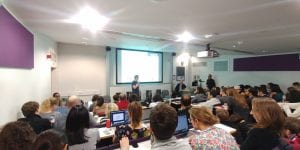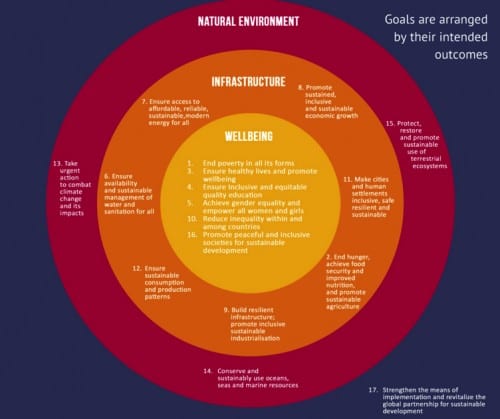Re-orientating the Euro-centric bias in planning and urban studies
By ucyow3c, on 30 November 2017
Written by Audrey Robeson, MSc Urban Studies student, UCL Geography![]()
With a room full to bursting, the launch of Urban Geopolitics: Rethinking Planning in Contested Cities, edited by Jonathan Rokem (UCL Geography) and Camillo Boano (The Bartlett Development Planning Unit, UCL / Urban Lab), was clearly highly relevant to those studying, thinking, and researching contemporary urban studies. People lined up against the back wall, willing to put up with the lack of seating for a chance to hear some of the contributors give a brief presentation of their chapters. Afterwards, three guests were invited to give responses and their comments on the book.

Image credit: Evelyn Teh
 Close
Close




